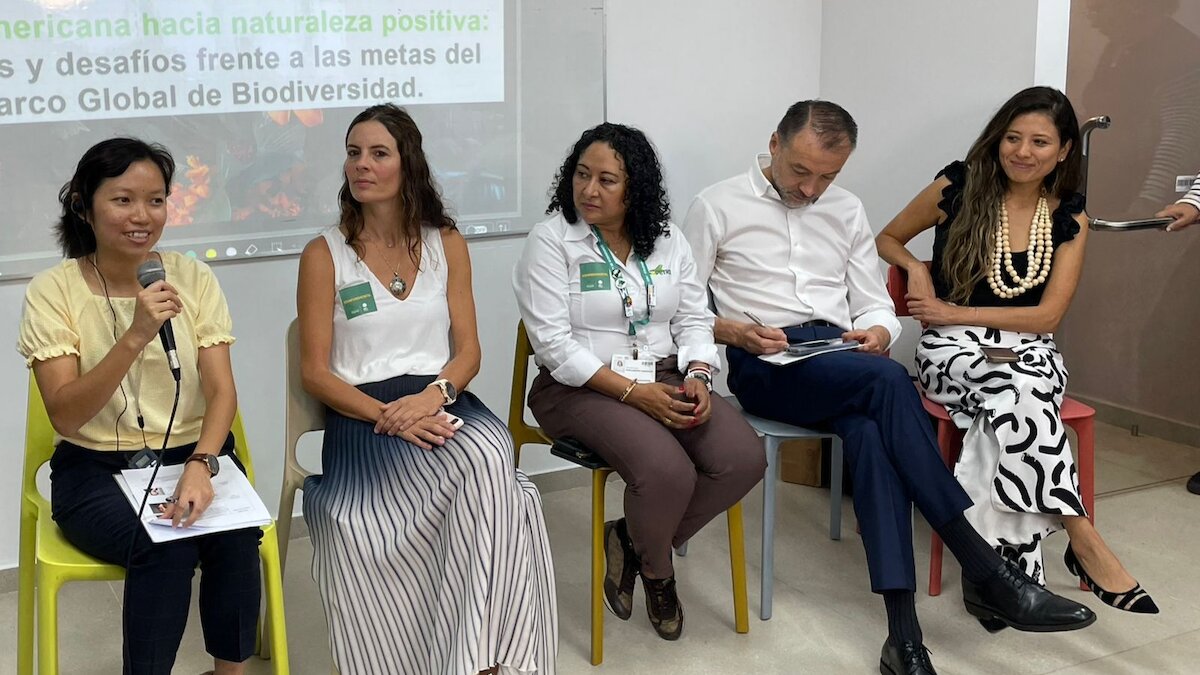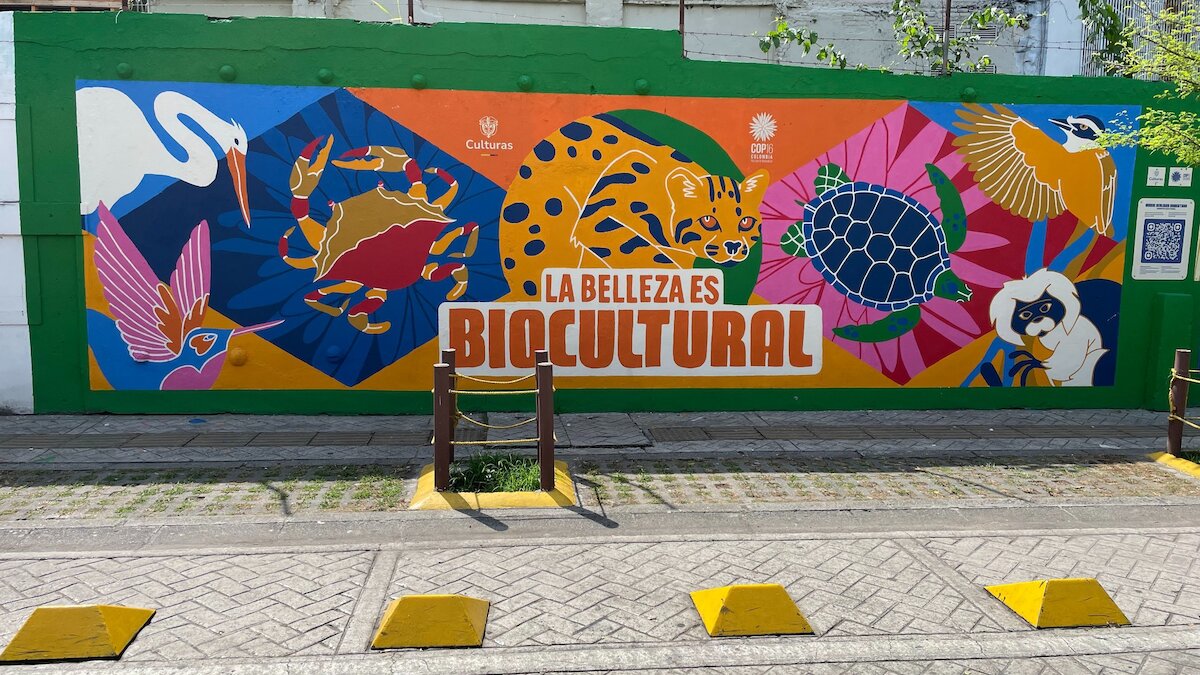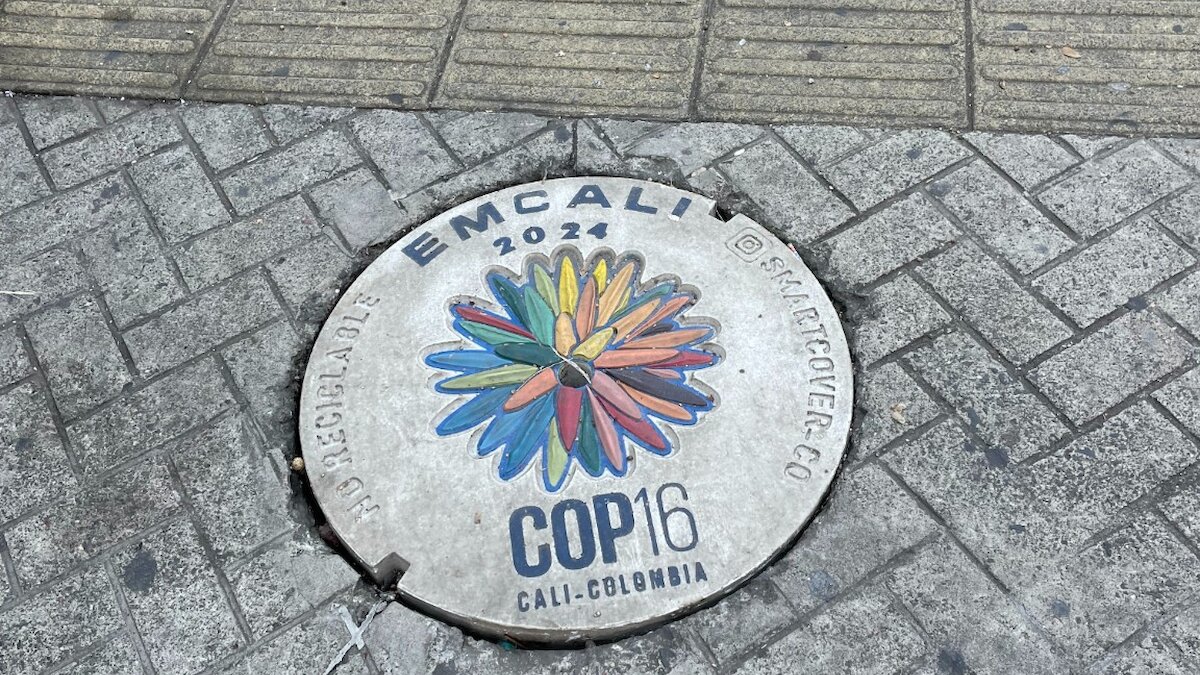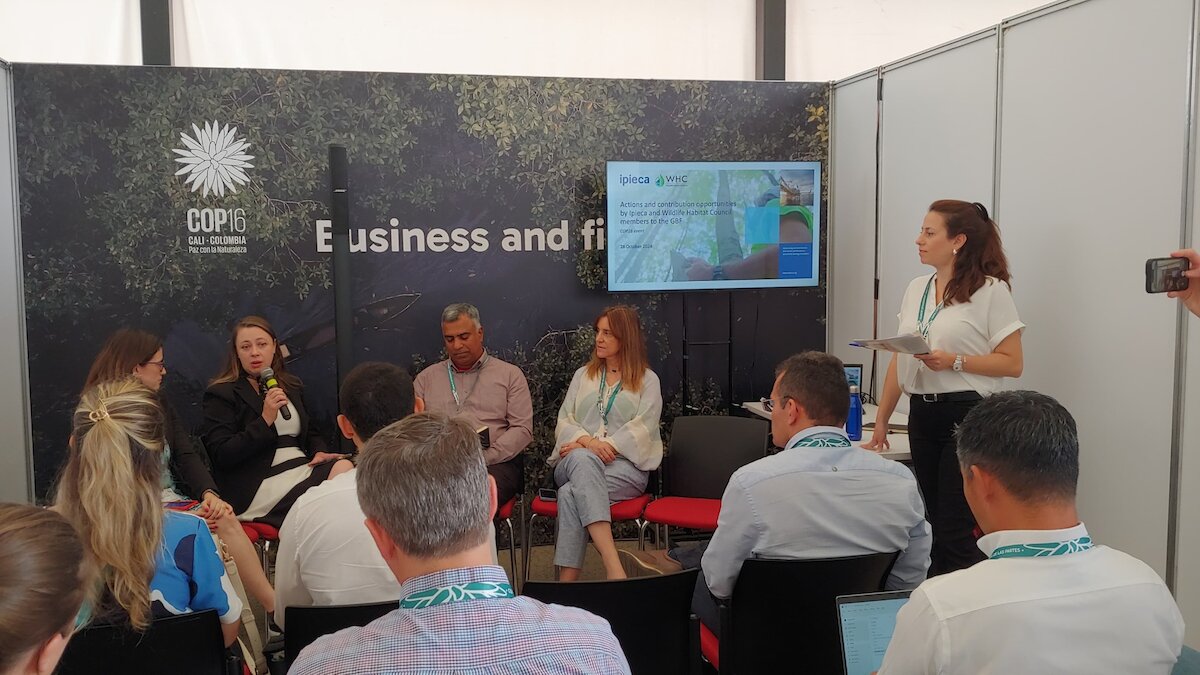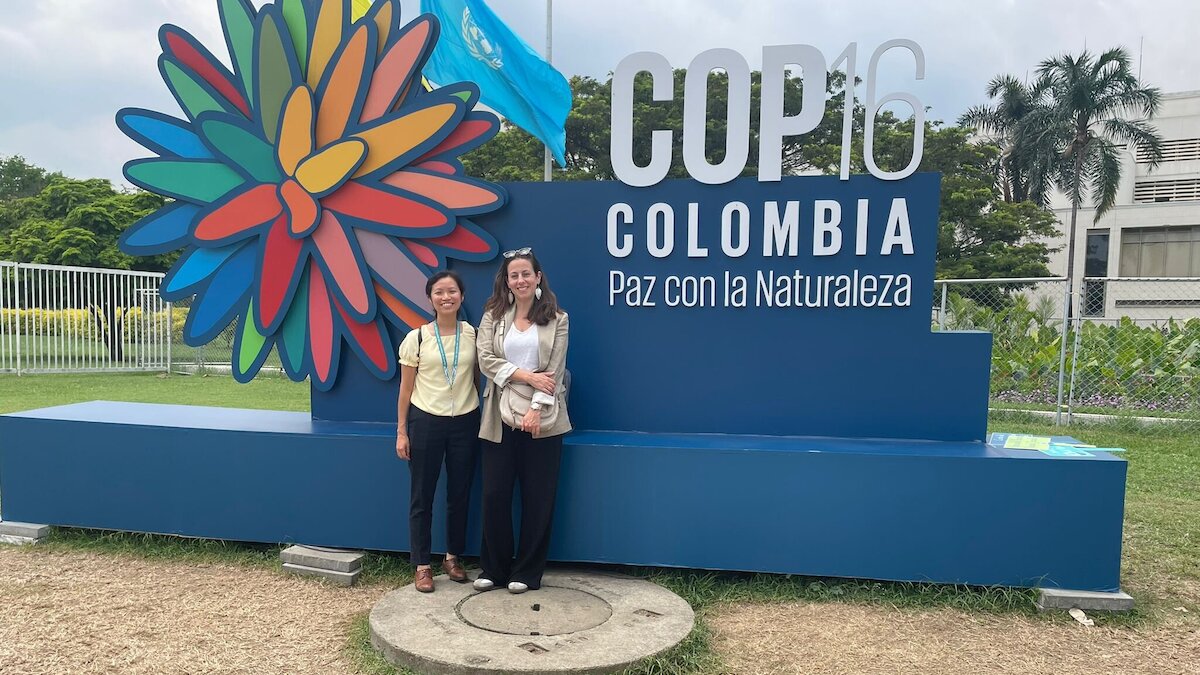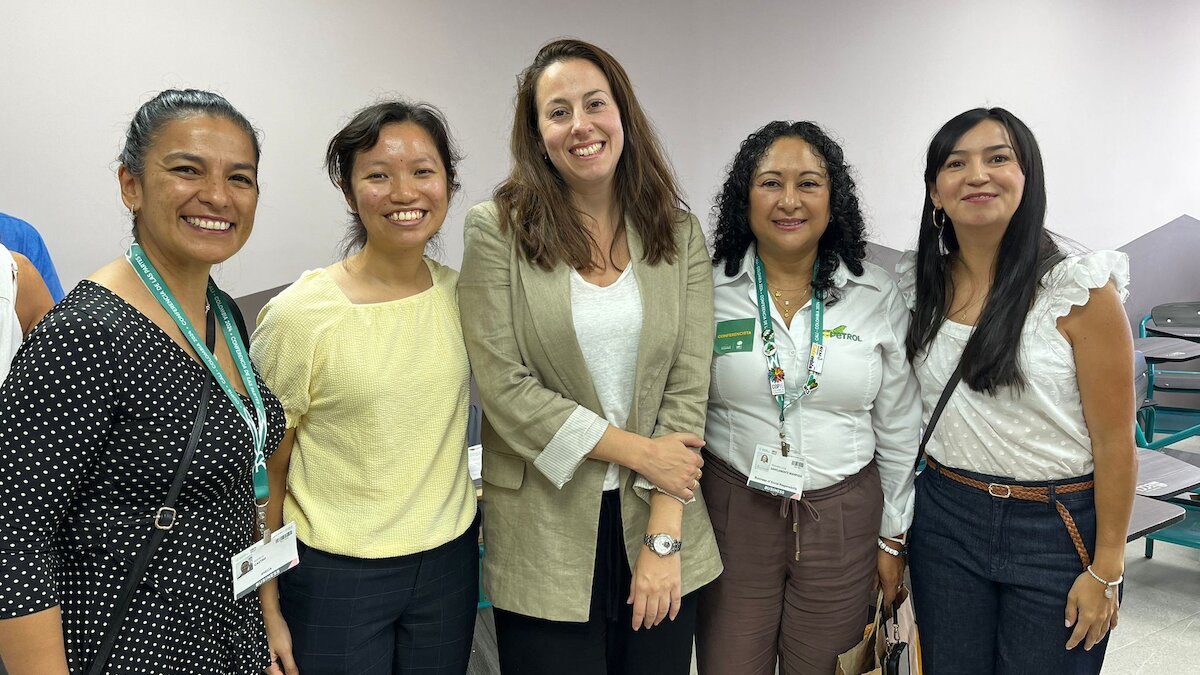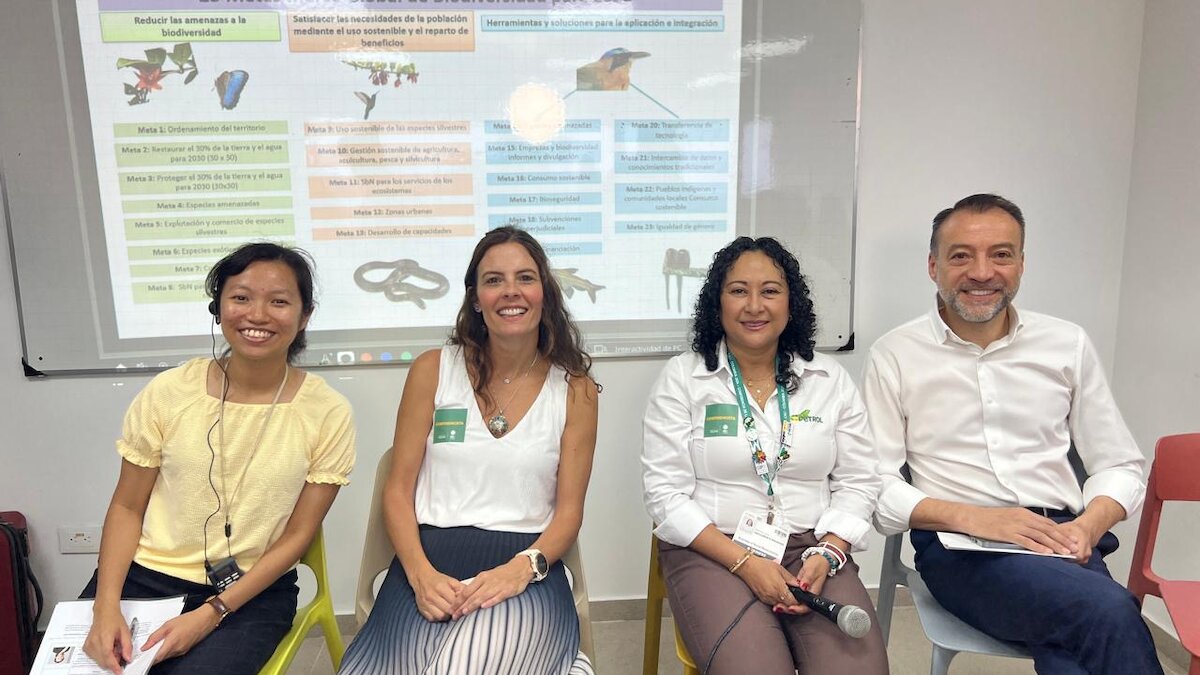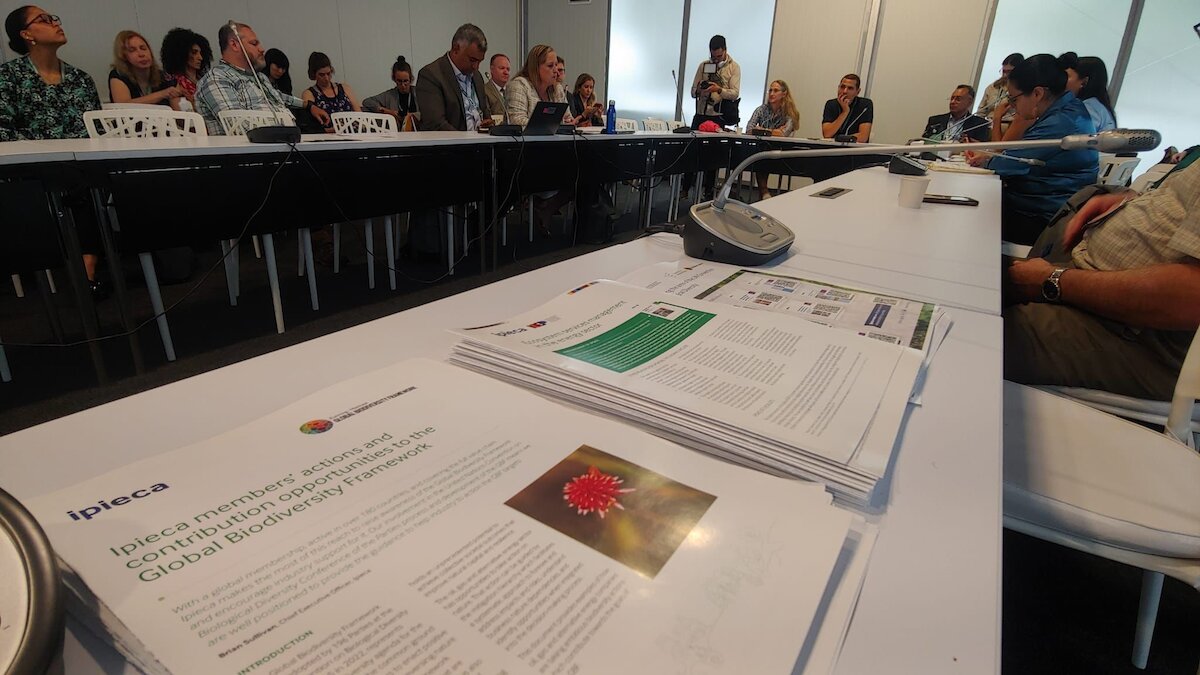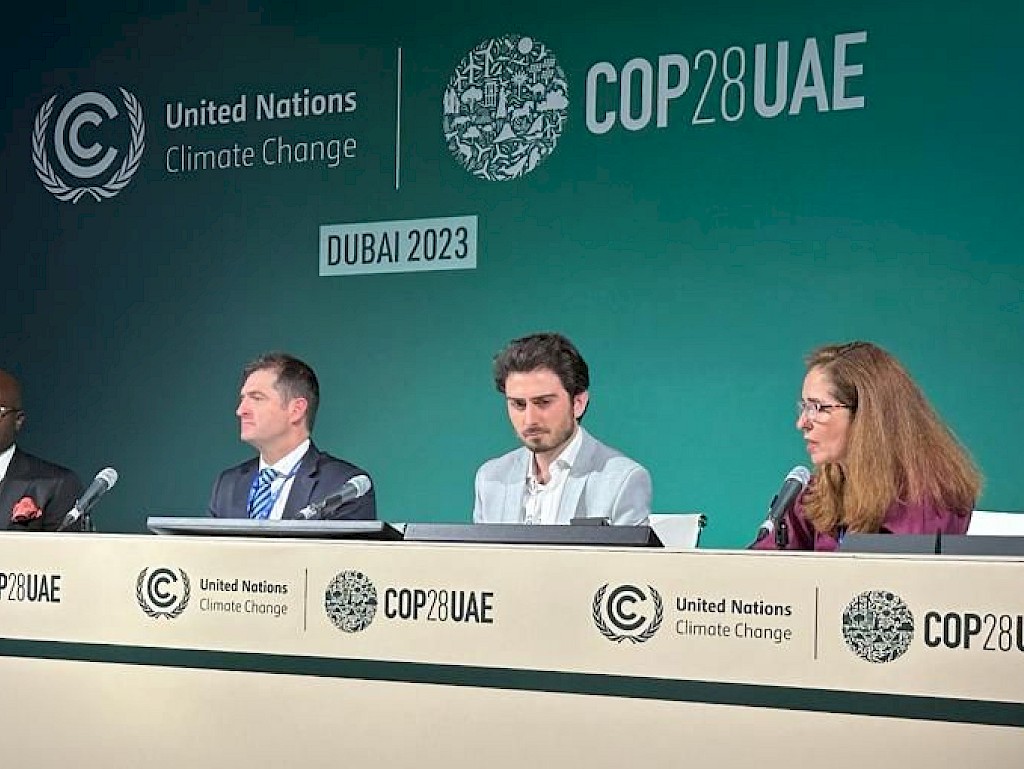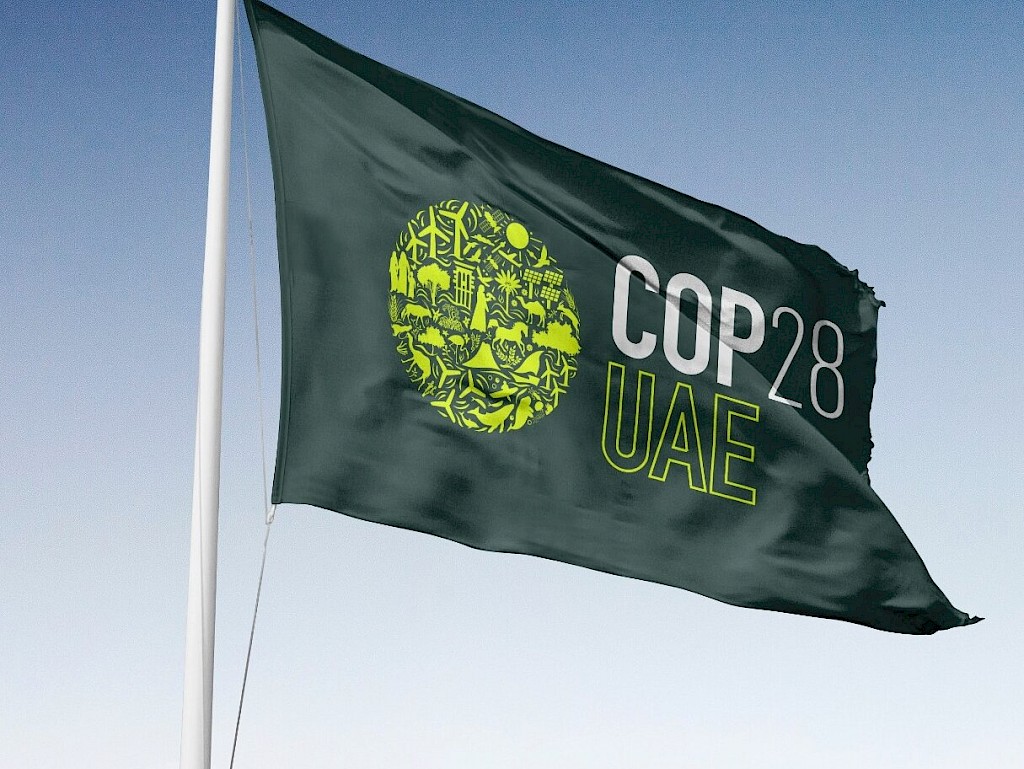COP16 convened governments, businesses, NGOs and civil society from 21 October to 1 November, in Cali, Colombia. It focused on implementation of the Global Biodiversity Framework, reviewing the development of national targets and the alignment of national biodiversity strategies and action plans (NBSAPs) with the GBF.
At COP16, a significant and unprecedented number of businesses, NGOs and civil society organizations participated in many events within both Blue Zone and the Green Zone, demonstrating momentum to reverse biodiversity loss.
Key outcomes from COP16
Cali Fund launched
The Cali Fund will provide financial support to share the benefits from the uses of digital sequence information on genetic resources (DSI) more fairly and equitably. DSI refers to genetic information from plants and animals, often used in the development of medicines and food products.
Strengthening the role of Indigenous Peoples and local communities in biodiversity efforts
COP16 Parties agreed on the creation of a permanent body for Indigenous Peoples to ensure meaningful contributions from Indigenous Peoples and local communities (IP&LCs) towards the aims of the UNCBD and the implementation of the GBF. COP16 was considered the ‘Peoples’ COP’. There was strong presence of Indigenous Peoples’ groups onsite to emphasise the important connections between IP&LCs and biodiversity efforts and actions.
Implementing the GBF
By the close of COP16, 119 countries had submitted national biodiversity targets - with 44 countries also submitting NBSAPs to help achieve the GBF.
GBF monitoring framework
The GBF monitoring framework is a key component of the GBF package, established at COP15 to track implementation progress of the GBF. At COP16, significant progress was achieved, where all indicators, except for indicator 7.2 on pesticides and component indicators for GBF Target 16 on sustainable consumption, were agreed upon. The draft decision will be revisited later.
Progress on invasive alien species
Invasive alien species (IAS) are considered one of the biggest drivers of biodiversity loss and are covered under target 6 of the GBF. New guidelines on managing IAS were proposed, including: the development of new databases, cross-border trade regulations and new analysis methodologies.
Biodiversity and climate change
The Colombian UNCBD COP16 presidency, together with the Brazilian UNFCCC COP30 presidency, worked closely to ensure ‘nature is at the heart’ of next year’s climate talks. The COP16 negotiated text recognises that biodiversity loss and climate change are interdependent issues and urges Parties to integrate nature-based solutions to climate change adaptation in their NBSAPs.
Biodiversity and health
Recognising the link between biodiversity loss and poor health, Parties approved a Global Action Plan on Biodiversity and Health designed to help curb the emergence of zoonotic diseases, prevent non-communicable diseases, promote sustainable ecosystems and support traditional medicine.
Looking forward
Armenia will host UNCBD COP17 in 2026.
Ipieca’s role in UNCBD COPs
As a non-lobby organization with UNCBD observer status, Ipieca has attended UNCBD COP events since the first one in 1994. Support of the UNCBD is one of the Ipieca Principles, a condition of Ipieca membership.
Ipieca’s role at UNCBD COPs is to monitor negotiations, raise awareness and support for the outcomes and integrate them into our workstreams and guidance.
During COP16, Ipieca hosted an official UNCBD event, organised its own on-site events and participated in other organizations’ events focused on supporting business to implement biodiversity actions.
Official side event: Integrating Indigenous Peoples and local communities in biodiversity conservation within oil, gas and alternative energy
Co-hosts: Ipieca, Fauna & Flora and IUCN
Business and Nature Hub event: Actions and contribution opportunities to support the GBF for the O&G industry
Co-hosts: Ipieca and Wildlife Habitat Council
Green zone event: The path of the Latin-American industry towards nature positive: contributions and challenges of the GBF targets
Ipieca moderated the session
